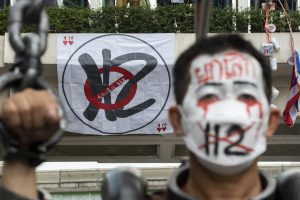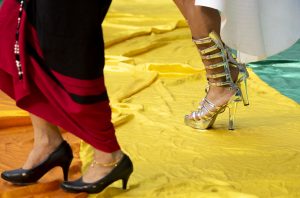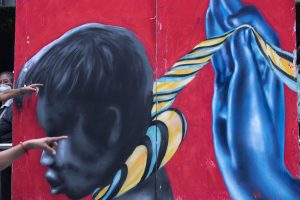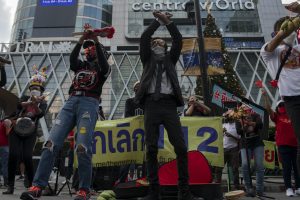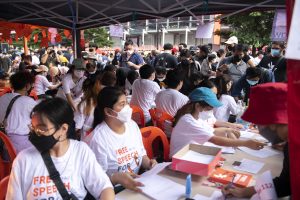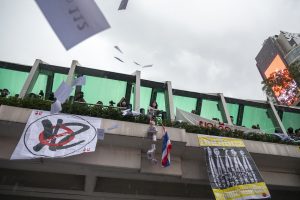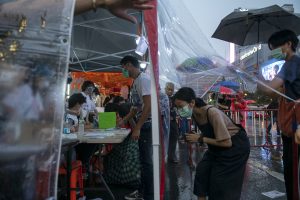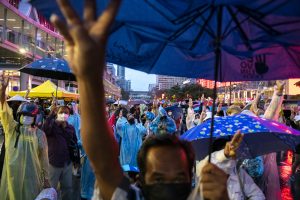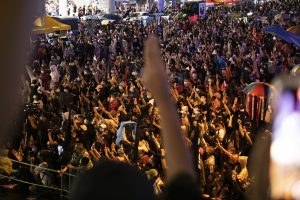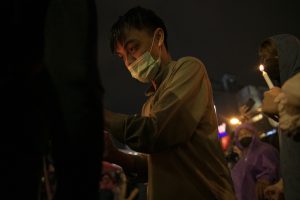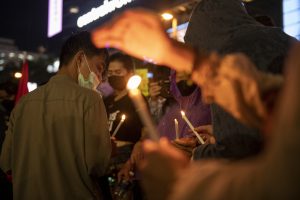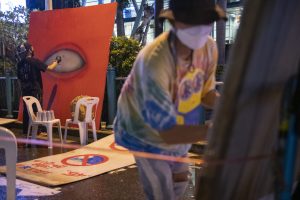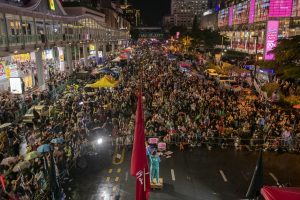Protesters took to the streets of central Bangkok on October 31 at the largest rally staged in Thailand since August. Their three demands remained the same: overhaul the constitution, fresh elections to form new government and to reform the monarchy. However, Sunday’s rally shifted focus and took aim at the government’s increasing use of Article 112, or the Royal Defamation law, which has seen dozens of protesters and speakers arrested this year. Article 112 was recently reactivated by Prime Minister Prayut Chan-o-cha as a response to the increased frequency and intensity of demonstrations in the past 12 months.
Despite heavy rain and the still-significant number of new COVID-19 cases recorded each day, protestors continued with calls earlier in the week to occupy the Ratchaprasong intersection in the heart of Bangkok. Unlike recent rallies that have seen tear gas, water cannons and rubber bullets used against protesters, the demonstration remained peaceful with organizers and activists using art, symbolism, music, and dance to voice their opposition toward the current government and political status quo. Notable differences also came from attendees — what was once a primarily youth-led movement has since grown with increasing support coming from a range of age demographics in recent months.
The protest came at a significant time for the country, on the eve of the reopening to international tourists and the end of nightly curfew. Both measures have been in place since the beginning of the pandemic with the nightly curfew being periodically recalled and enforced more recently in light of rising numbers of new COVID-19 infections.













